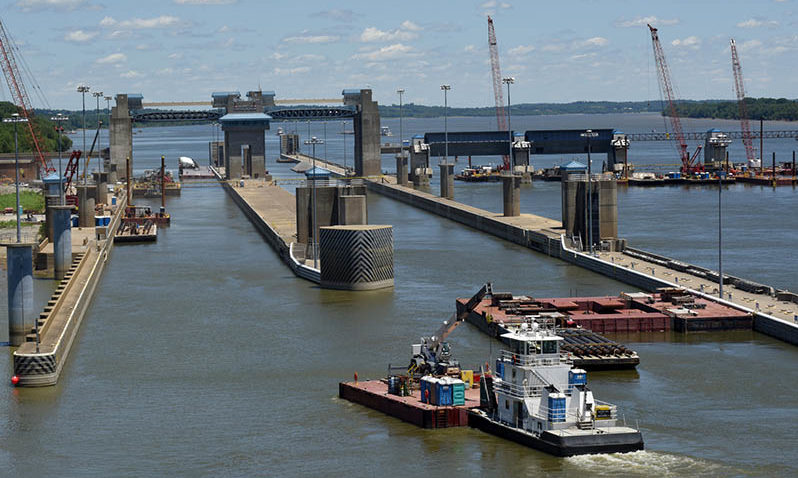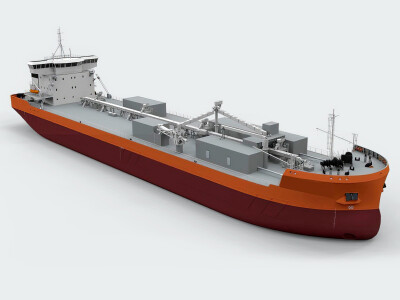The Trump administration’s plan for $200 billion in federal infrastructure funding over 10 years will shift primary decision-making onto state and local governments, U.S. Secretary of Transportation Elaine Chao told members of Congress Tuesday.
Chao called it “seed money to incentivize investment by state and local government,” and agreed with Republican lawmakers that leasing infrastructure and attracting private pension fund investment could be part of the emerging plan.
“We want all financing options to be available…let’s be open to all other kinds of options,” Secretary of Transportation Elaine Chao said in testifying before the House Committee on Transportation and Infrastructure March 6.
Democratic members of Congress that it’s not enough to help cash-strapped states.
“Why does the administration want to put more burden on local government?” said Rep. Elizabeth Esty, D-Conn.
The plan aims to make state and local governments the primary drivers of investment decisions including ports and waterways improvements, said Chao. She demurred on questions specific to inland locks and dams, saying committee members would have to put those to the Corps of Engineers.
Waterways industry advocates have expressed disappointment with the Trump infrastructure plan and other budget proposals that would require industry to contribute more beyond present fuel taxes and reduce the Corps of Engineers budget. House committee members from rural districts told Chao they like the administration’s plan to set aside money for rural infrastructure, but wanted to know more about waterways plans.
In his Arkansas district, “one failure” of the region’s aged locks would shut down river traffic “and put a lot more trucks on the highways,” Rep. Rick Crawford, R-Ark, told Chao.
The administration’s early proposal would allocate aid for highways and bridges based on lane miles, but there needs to be other metrics to recognize other needs including locks and dams, said Rep. Cheri Bustos, D-Ill.
“We’re very open” to working with Congress, Chao replied.
One element that will be agreed on is maintaining the role of the Davis-Bacon Act of 1931 and its associated rules for paying local prevailing wages on federally funded infrastructure projects, because a bipartisan infrastructure bill simply cannot pass Congress without it, said Chao.
Lawmakers indicated they would look closely at funding formulas.
One concern is projects that lack a revenue-generating component will be at a disadvantage, said Rep. Mark Sanford, R-S.C. That could affect flood protection for Charleston, a city increasingly subjected to tidal flooding, he said.





